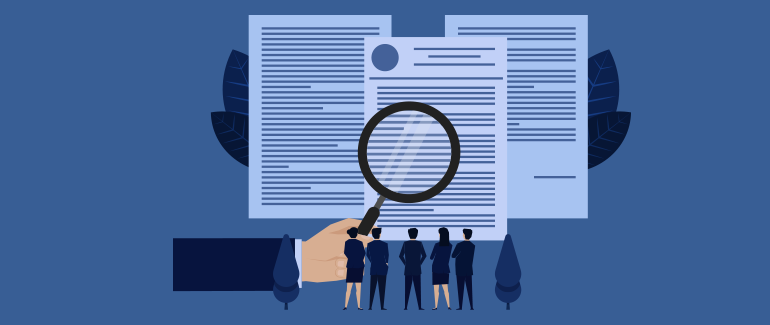Dissemination:
The disclosure of criminal record information to an individual, agency, or third party other than the criminal justice agency that already maintains access to the information. The dissemination, or the transmission or disclosure of criminal information, may be either written or oral.
Expungement:
A court-ordered process of legally erasing information regarding criminal charges in the eyes of the law. Although expungement, or the process of setting aside a criminal conviction, varies by state law, it typically seals criminal information from employers, apartment managers, and other citizens in a position of authority who typically run background checks when considering applications. Once a criminal arrest or conviction is expunged, the records containing the information cannot be accessed for general law enforcement or civil use.
Felony:
A felony is a crime serious enough to be punishable by death or a term in a state or federal prison. These types of crimes usually require the criminal to serve over a year in prison, whereas misdemeanors are punishable either by fines or confinement to a county or local jail. Felony crimes typically involve violence.
Misdemeanor:
A misdemeanor is a crime lesser than a felony, typically punishable by a fine, county jail time, or both. If you must serve jail time for a misdemeanor charge, you will only serve up to a year. These crimes are tried in the lowest local courts such as municipal, police, or justice courts. There are certain crimes that can be charged as either a misdemeanor or a felony depending on the circumstances. For example, drunk driving can be a misdemeanor charge if there is no injury to others, but if your DUI results in harm to others, you will likely be charged with a felony.
Vacate:
If a judge finds an order or judgment to be improper or no longer valid, he/she may vacate, or set aside the order. A judge may also vacate a person’s record if he/she feels that doing so would be in the best interest of society, even if the judgment was proper or valid. However, a motion to vacate a judgment must be based on a substantial issue. Rule 60(b) of the Federal Rules of Civil Procedure permits a federal court to relieve a party from an adverse judgment on various grounds including fraud, mistake, newly discovered evidence, and satisfaction of the judgment.




